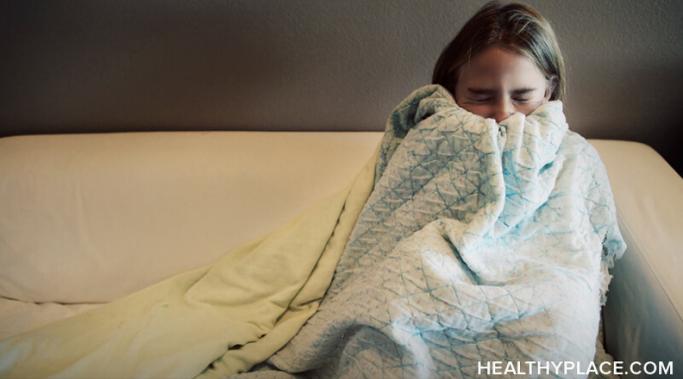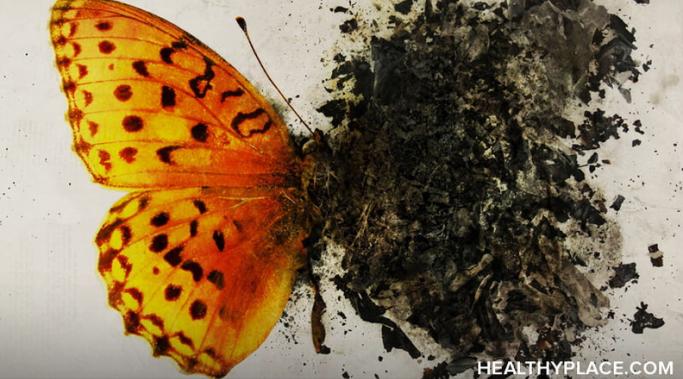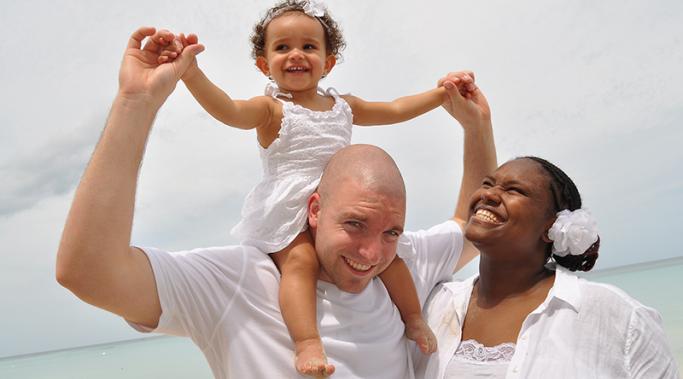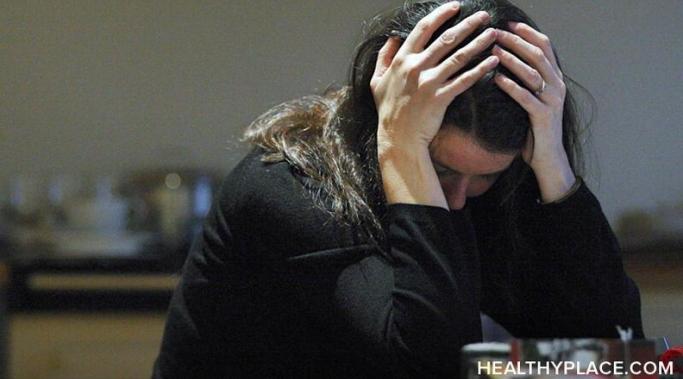In my own recovery from posttrauamtic stress disorder (PTSD), I came to see PTSD symptoms as a trauma addiction and this affected my self-esteeem. Let me explain.
Trauma! A PTSD Blog
Recently, I’ve spoken to two survivors who are just discovering (after years of invested time and work) that their therapists are not equipped to work with posttraumatic stress disorder (PTSD). This breaks my heart to hear. You’re struggling enough to cope through the day without being stuck in a treatment approach that can’t help you reach your recovery goals as quickly as possible. But the two stories I recently heard don’t surprise me. In fact, it was my story too.
You change after trauma, but everyone else expects you to remain the same. Up until the day of your trauma (whether that was birth or any time afterward) the people around you have expectations for who you are, how you should behave, what you will and won’t do and that you will make choices in alignment with their agenda. The stress and pressure of these expectations can become enormously overwhelming – especially over the holidays.
Blocks in posttraumatic stress disorder (PTSD) recovery are so common that they deserve their own book. From the varied origins of what gets you stuck to the way resistance sneaks up when you least expect it to the things that slow, stall and even flat out stop your PTSD recovery process can leave you feeling like a failure.
My trauma happened in childhood and completely severed me from any healthy sense of self. Later, one of my biggest problems in recovery from posttraumatic stress disorder (PTSD) was this: I felt completely disconnected from who I had been before my trauma and who I had never had the chance to be because of my trauma. I grieved that lost girl and the woman she might have become. In fact, the grief I experienced was so vivid it felt like a jab in my soul. I resented that trauma had taken from me so many opportunities at the same time that it turned me into someone I neither liked nor completely understood.
There’s no doubt about it: When you’re trying to achieve any task it’s much easier to do when you have the support of family and friends. Watch any sport and you can see how true this is - the fans in a stadium cheering on a team or player, the crowds that line the route of a marathon shouting encouragement, or even the caddy who walks with a golfer softly speaking words of belief in a successful outcome for the upcoming hole. Humans are social beings and, as such, we seek and even crave the connection of others when we attempt a difficult and meaningful task.
Healing is all about being able to shift out of survival mode, complete the trauma response, consolidate memories and move into a life focused on things other than threat and danger, safety and control. If you’re in a situation in which trauma maintains a high level of threat, either ongoing or sporadically (i.e., an abusive relationship, a war zone), it’s going to be very tough to heal posttraumatic stress disorder (PTSD). In that case, it can be beneficial to switch to a different strategy: Bulking up your trauma coping skills.
After trauma, there's a need for life to feel safe and in control. Sometimes, we put in place really good and healthy habits that help the transition from trauma to life afterward. Other times, it's easy to slip into habits, cycles and patterns that are very destructive. For example, co-dependence. When you put this type of behavior together with posttraumatic stress disorder (PTSD) you can increase the time it takes to heal tenfold.
Psychologist Helen Block Lewis said, "Guilt is about doing. Shame is about being." In fact, shame in PTSD recovery and otherwise is an emotion that is tied not to a specific behavior but instead to whom you feel you are deep inside. Most often it comes from an imagined defect in who you are. That's right, imagined. Trauma creates so many lies, myths and distortions it's easy to lose sight of fact and reality. That's when shame can really sink its teeth and start shaking you around.
Sometimes you just do have to step away.
Sometimes posttraumatic stress disorder (PTSD) has to cease being the focus of your life, even if only for a few hours or minutes. Healing work can be draining; shoring up your mind and emotions with an experience outside the realm of PTSD can actually help your recovery reach a whole new level.









